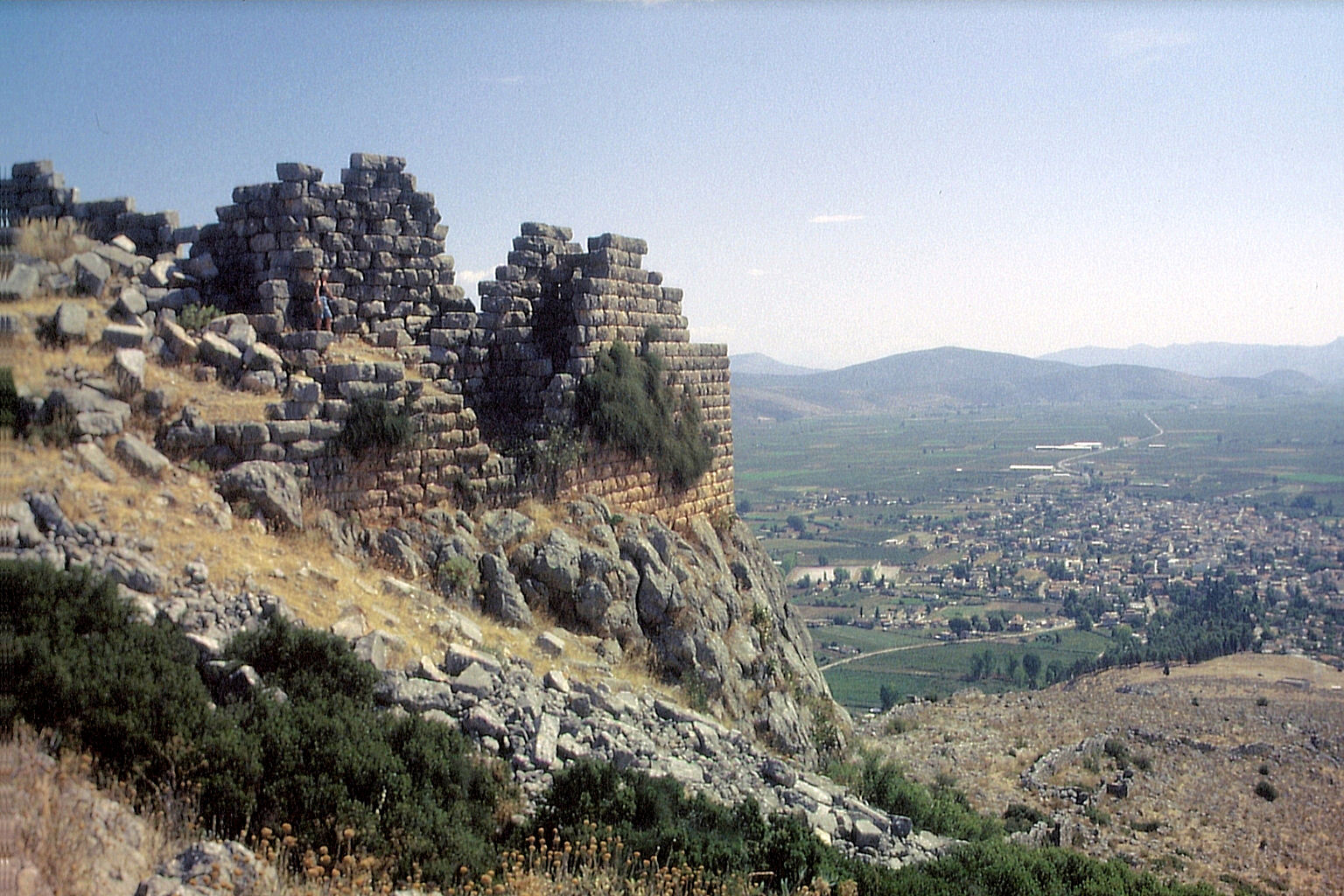|
Eurybotadas
Eurybotadas was the son of Tallus, from Orchomenus (Boeotia). He served as a member of Alexander's allied cavalry until the campaign reached Ecbatana in 330 BC. There he and his compatriots were discharged. On their return 329 BC, they made a dedication to Zeus Zeus or , , ; grc, О”бїђПЊП‚, ''DiГіs'', label=Genitive case, genitive Aeolic Greek, Boeotian Aeolic and Doric Greek#Laconian, Laconian grc-dor, О”ОµПЌП‚, DeГєs ; grc, О”ООїП‚, ''DГ©os'', label=Genitive case, genitive el, О”ОЇО±П‚, ''DГ ... Soter in Orchomenus. References *Who's Who in the Age of Alexander the Great by Waldemar Heckel *IG vii.3206 Soldiers of Alexander the Great Ancient Boeotians {{AncientGreece-bio-stub ... [...More Info...] [...Related Items...] OR: [Wikipedia] [Google] [Baidu] |
Orchomenus (Boeotia)
Orchomenus ( grc, бЅ€ПЃП‡ОїОјОµОЅПЊП‚ ''Orchomenos''), the setting for many early Greek myths, is best known today as a rich archaeological site in Boeotia, Greece, that was inhabited from the Neolithic through the Hellenistic periods. It is often referred to as " Minyan Orchomenus", to distinguish it from a later city of the same name in Arcadia. Ancient history According to the founding myth of Orchomenos, its royal dynasty was established by the Minyans, who had followed their eponymous leader Minyas from coastal Thessaly to settle the site. In the Bronze Age, during the fourteenth and thirteenth centuries BCE, Orchomenos became a rich and important centre of civilisation in Mycenaean Greece and a rival to Thebes. The palace with its frescoed walls and the great beehive tomb show the power of Orchomenos in Mycenaean Greece. A massive hydraulic undertaking drained the marshes of Lake KopaГЇs, making it a rich agricultural area. Like many sites around the Aegean Sea, Orcho ... [...More Info...] [...Related Items...] OR: [Wikipedia] [Google] [Baidu] |
Ecbatana
Ecbatana ( peo, рђЏѓрђЋҐрђЋ¶рђЋ«рђЋ рђЋґ ''HagmatДЃna'' or ''HaЕ‹matДЃna'', literally "the place of gathering" according to Darius I's inscription at Bisotun; Persian: Щ‡ЪЇЩ…ШЄШ§Щ†Щ‡; Middle Persian: рђ рђ§рђ¬рђІрђ рђ; Parthian: рђЂрђ‡рђЊрђ•рђЌ ''AhmadДЃn''; Akkadian: ''kura-gam-ta-nu''; Elamite: р’Ђќр’€ р’Ѓ•р’€ѕ ''Ag-ma-da-na''; arc, ЧђЦ·Ч—Ц°ЧћЦ°ЧЄЦёЧђ ''Aḥmeta''; grc, бј€ОіОІО¬П„О±ОЅО± or ) was an ancient city, which was first the capital of Media in western Iran, and later was an important city in Persian, Seleucid, and Parthian empires.Nardo, Don. "Ecbatana." ''The Greenhaven Encyclopedia of Ancient Mesopotamia'', edited by Robert B. Kebric, Greenhaven Press, 2007, pp. 97-98. ''Gale In Context: World History'', link.gale.com/apps/doc/CX3205100129/WHIC?u=wylrc_uwyoming&sid=summon&xid=e9682d3c. Accessed 20 Nov. 2022. It is believed that Ecbatana is located in the Zagros Mountains, the east of central Mesopotamia, on Hagmatana Hill (Tappe-ye HagmatДЃna), an arch ... [...More Info...] [...Related Items...] OR: [Wikipedia] [Google] [Baidu] |
Zeus
Zeus or , , ; grc, О”бїђПЊП‚, ''DiГіs'', label=Genitive case, genitive Aeolic Greek, Boeotian Aeolic and Doric Greek#Laconian, Laconian grc-dor, О”ОµПЌП‚, DeГєs ; grc, О”ООїП‚, ''DГ©os'', label=Genitive case, genitive el, О”ОЇО±П‚, ''DГas'' () is the sky father, sky and thunder god in ancient Greek religion, who rules as king of the gods on Mount Olympus. His name is cognate with the first element of his ancient Roman religion, Roman interpretatio graeca, equivalent Jupiter (mythology), Jupiter.''Larousse Desk Reference Encyclopedia'', The Book People, Haydock, 1995, p. 215. His mythology and powers are similar, though not identical, to those of Indo-European deities such as Jupiter, PerkЕ«nas, Perun, Indra, Dyaus, and Zojz (deity), Zojz. Entry: "Dyaus" Zeus is the child of Cronus and Rhea (mythology), Rhea, the youngest of his siblings to be born, though sometimes reckoned the eldest as the others required disgorging from Cronus's stomach. In most traditions, he is m ... [...More Info...] [...Related Items...] OR: [Wikipedia] [Google] [Baidu] |
Soldiers Of Alexander The Great
A soldier is a person who is a member of an army. A soldier can be a conscripted or volunteer enlisted person, a non-commissioned officer, or an officer. Etymology The word ''soldier'' derives from the Middle English word , from Old French or , meaning mercenary, from , meaning shilling's worth or wage, from or , shilling. The word is also related to the Medieval Latin , meaning soldier (literally, "one having pay"). These words ultimately derive from the Late Latin word , referring to an Ancient Roman coin used in the Byzantine Empire. Occupational designations In most armies use of the word "soldier" has taken on a more general meaning due to the increasing specialization of military occupations that require different areas of knowledge and skill-sets. As a result, "soldiers" are referred to by names or ranks which reflect an individual's military occupation specialty arm, service, or branch of military employment, their type of unit, or operational employment or technica ... [...More Info...] [...Related Items...] OR: [Wikipedia] [Google] [Baidu] |


